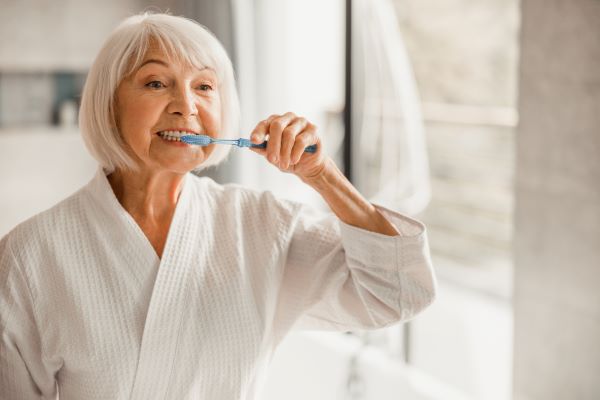
There are a few ways germs can be introduced into your mouth during your at-home dental hygiene routine. But with a few simple steps, you can reduce the risk of getting sick from contaminated toothbrushes or your hands:
- Clean your toothbrush. Toothbrush bristles cling to bacteria from your teeth and mouth. Clean your toothbrush to avoid re-introducing these germs next time you brush. Always rinse the brush with warm water at a minimum, to dislodge debris. For a deeper disinfecting process, soak the brush in antibacterial mouthwash for 30 seconds. Alternatively, you can soak the brush in a solution of 2 teaspoons of baking soda dissolved in 1 cup of water.
- Sanitize the toothbrush handle. Use soap and water, or a little bit of diluted bleach, to wipe down the toothbrush handle.
- Wash your hands. Before and after brushing and flossing, it’s a good idea to wash your hands with soap and warm water. The CDC recommends scrubbing your hands together for 20 seconds. Use a floss pick if you want to eliminate putting your fingers in your mouth when you floss, although they are clean enough to be safe after washing with soap.
- Store your toothbrush correctly. Avoid storing your toothbrush right next to the toothbrushes of family members. Keep each in a separate cup or holder. You can pass germs to each other if the brushes are smushed together.
- Throw out old or contaminated toothbrushes. Replace your toothbrush or toothbrush head as soon as the bristles begin to fray, or every 3-4 months. If you get sick, or anyone in your family gets sick, throw out the toothbrush or toothbrush head as soon as the illness passes to avoid re-introducing those germs.
Experienced Dentists Committed to Your Best Dental Health
If you live in Rochester, Webster, Greece, Fairfax or any of the surrounding areas in New York, we know it is a difficult time for you and your family. We hope you’ll turn to our experienced dentists for information about keeping your oral health in tip-top shape. Please contact us online today.




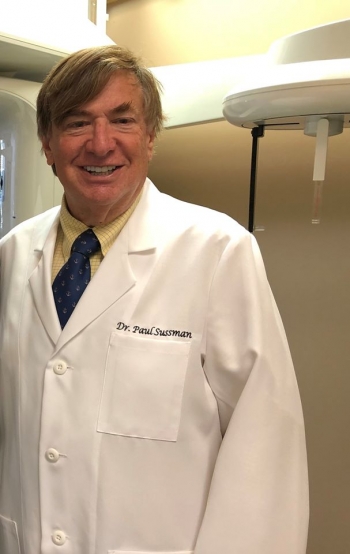 We asked our own dentists and others from across the country to name some of the main culprits when it comes to food that is risky for your dental health.
We asked our own dentists and others from across the country to name some of the main culprits when it comes to food that is risky for your dental health. "Sugar: We’ve heard since we were kids that sugar will rot your teeth. The bacteria in our mouths metabolize sugar as their fuel source. This produces an acid byproduct that breaks down teeth. Just like in kids, it can happen in adults. If you are enjoying a decadent dessert, sip water afterwards to help dilute the acid. The sooner you can brush your teeth after a meal, the better.
"Sugar: We’ve heard since we were kids that sugar will rot your teeth. The bacteria in our mouths metabolize sugar as their fuel source. This produces an acid byproduct that breaks down teeth. Just like in kids, it can happen in adults. If you are enjoying a decadent dessert, sip water afterwards to help dilute the acid. The sooner you can brush your teeth after a meal, the better. "The biggest culprits are sugar, acids and length of contact time these are on your teeth.
"The biggest culprits are sugar, acids and length of contact time these are on your teeth.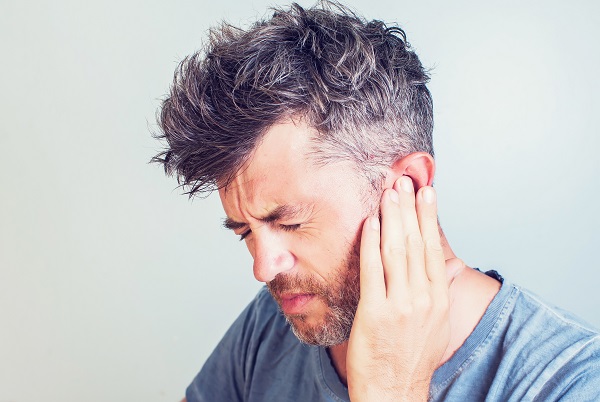 While the mildest of jaw pain that occurs once in a blue moon may not be a cause for concern, most people suffering from TMJ disorders can benefit from
While the mildest of jaw pain that occurs once in a blue moon may not be a cause for concern, most people suffering from TMJ disorders can benefit from 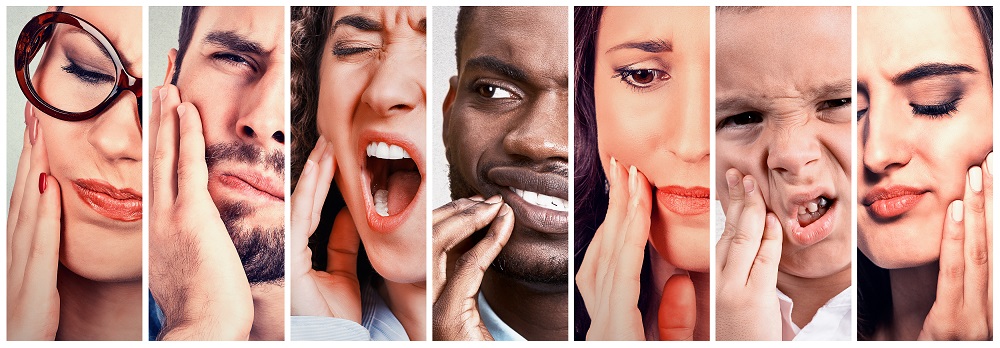
 Before considering the breadth of sleep apnea symptoms, it's important to understand the different ways in which this condition may manifest.
Before considering the breadth of sleep apnea symptoms, it's important to understand the different ways in which this condition may manifest.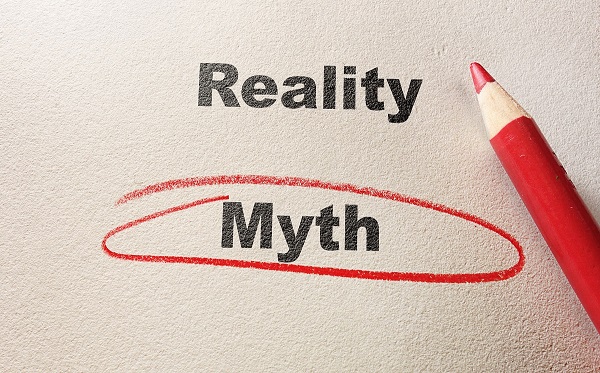 Are you attempting to make an informed decision about dental implants? If you are, we applaud you! There are many options out there for replacing missing teeth, and we believe it's important to do your homework. After all, it's your smile and your dental health, and you deserve results you are satisfied with in all of the years ahead.
Are you attempting to make an informed decision about dental implants? If you are, we applaud you! There are many options out there for replacing missing teeth, and we believe it's important to do your homework. After all, it's your smile and your dental health, and you deserve results you are satisfied with in all of the years ahead. 